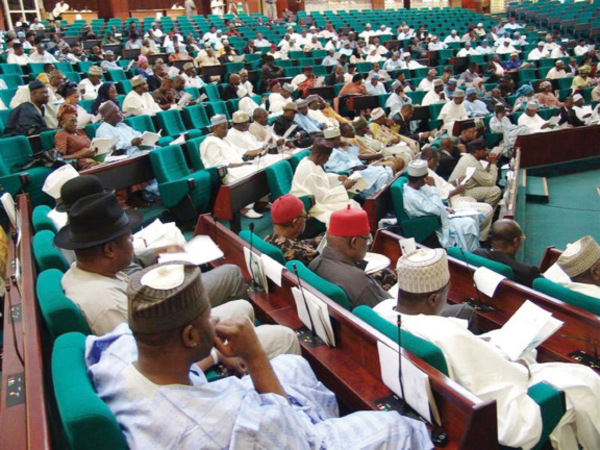In a bid to strengthen the independence of the Code of Conduct Bureau, the House of Representatives is seeking to remove the bureau from the President’s control.
A bill co-sponsored by Mr. Nicholas Osai (Delta State) and Mr. Edward Pwajok (Plateau State) for the amendment of the Code of Conduct Bureau and Tribunal Act of 2004 has passed its second reading at the House in Abuja on Tuesday.
The House pointed out that the bureau lacked total independence under the Presidency in its role in fighting against corruption with one of the co-sponsors of the bill, Pwajok, indicating the urgent need to expand the CCB and the tribunal to have the capacity to adjudicate on corruption cases speedily.
Pwajok, in his briefing said; “The amendments among other things seek to remove the bureau from the control of the President, make it mandatory to subscribe to the Oath of Office, declare assets and liabilities to the bureau before assumption of office by public officers.
“Also providing a renewable fixed tenure for the bureau just like the Economic and Financial Crimes Commission and the Independent Corrupt Practices and other related offences Commission, and strengthening the bureau by giving it power to engage their own solicitors or external solicitors.”
He added that; “The intention of establishing the bureau was good but the implementation of the law has revealed some lacunae.” citing example “For example, between 2005 and 2006, tens of thousands of public officers were arraigned before the CCT for violating various laws. It is obvious that one tribunal cannot effectively cope with that number of cases.”
Co-sponsor of the bill, Osai while defending the bill cited Section 10(1), which he said, would remove the “veil of corruption by proxy”, whereby a public officer could engage “somebody as an agent for corruption purposes.”
Further adding that; “The amendments sought in this bill tend to support the fight against corruption by the Federal Government and the bill, if passed into law, would have internally re-positioned the mindset of public officials towards their official duties.”

